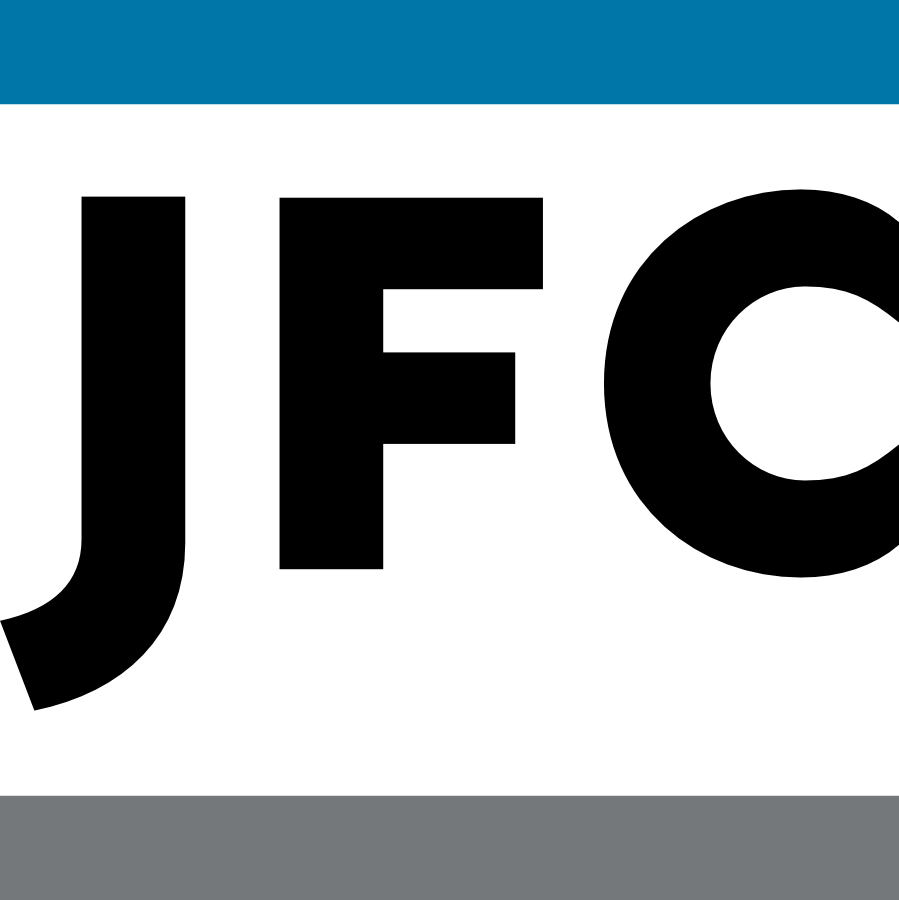Our tools range from journalism to documentary film and beyond – including even street art and live musical events. Working for positive change in repressive environments, and raising widespread awareness of human rights issues, demands a flexible approach; sometimes a film is the best tool, other times it may be an animation or a mural or a mix of them all.
Professional and Citizen Journalism
We support professional journalists who produce engaging and informative reporting on key issues. And we mentor citizen journalists who report on important issues for their local communities. The combination makes for a unique and powerful platform – especially for our IranWire news site. Citizen journalists, working anonymously or under pseudonyms, gather reporting on the ground inside Iran that is impossible for most foreign correspondents. Journalism for Change edits and publishes this reporting for a wider audience than the citizen journalists would be able to reach alone.
Documentary and Video Journalism
We produce and support documentaries, both long-form and short-form, that tell stories from a human angle. To Light A Candle, an hour-long documentary, filmed in part covertly in Iran, uncovers the discrimination faced by members of Iran's Baha'i religious minority who are persecuted by the Iranian government and barred from universities. My Return to the Valley of Death follows a young Pashtun exile as he journeys home for the first time in years. Filmed in the tribal areas of Afghanistan, this is a unique, insider's view of one of the most dangerous conflict zones in the world, and a culture little known or understood outside Afghanistan. We have also supported films about journalists in India, Serbia, Burma, Turkey and Greece.
Photography
We regularly feature, commission and publish high-quality photojournalism from some of the world's best photographers. We actively support new talent and look for new audiences and outlets for their work.
Social Media
Our social media experts reach hundreds of thousands of people through our communities on Facebook, Twitter, Telegraph and other platforms. We use social media to distribute news, build communities, and engage the audience.
Editorial Cartoons
We publish and commission high-quality editorial cartoons that have become the most popular editorial content on IranWire. Poignant, angry, humorous, and satirical, the art of editorial cartooning plays a vital role in simply and profoundly exposing political hypocrisy. Our staff cartoonists, Mana Neyestani and Touka Neyestani, are adept at skewering the ironies and absurdities of Iranian politics and international relations between Iran and countries like the United States of America.
Editorial Animations
From a humorous look at one Iranian Ayatollah's sex tips to a darkly satirical take on the priorities of Tehran's law enforcement community, we support animation as a means to provide a quick and often humorous take on news and issues of the day.
Editorial Motion graphics
We support graphics that provide information in a simple and powerful way, either as stand-alone items or as part of a news story, advocacy campaign, or documentary. We distribute our motion graphics via social media – often the only and simplest way to reach large parts of our core audience.
Live Events
Live events can generate buzz focus around advocacy campaigns and projects – helping not only to generate publicity but also to create memorable experiences to bind together communities of struggle and of action. From drumming for peace and reconciliation in Burundi and Rwanda, to theatrical renditions of monologues in support of Iran's oppressed Baha'i community, to a groundbreaking Afro-Iranian concert at New York City's famed Apollo Theatre in Harlem, our live events leave a lasting memory and legacy.
BIHE live 2015
Saeid Shanbehzadeh and Ensemble live 2016
Research
Dr.Anthony Feinstein
We periodically support rigorous, academic research as part of our work to advance the cause of free and independent media. More details of our research are available on request.
Anthony Feinstein, a professor of psychiatry at the University of Toronto, has for over 15 years pioneered the study of post-traumatic stress disorder (PTSD) among war correspondents and other journalists. Off-Centre partnered with him in 2014 to study PTSD among Iranian journalists – with astonishing results. Working in a politically repressive environment, where censorship and harassment of reporters are the norm, causes emotional damage to journalists even without conflict or imprisonment. The study led to the creation of psychological support tools which we make available to Iranian journalists via IranWire.















